On the phone she said she’d been taking “very good” care of them and “trying” to feed them every half hour, but one seemed dehydrated. Interesting that she suddenly was able to locate me when things started going south, no?
Kingbirds are on the decline but are not listed as a species of concern…yet. I agreed to meet the lady and take the birds, figuring that her cobbled-together diet would have them nutritionally down, at the very least. I was totally unprepared for what I saw when I got the birds.
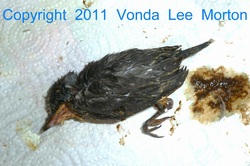
I bit my tongue really hard and told the lady that bird feathers needed to be pristine in order not to compromise their flight ability. She replied that she didn’t know how to clean them and then asked me why there was no information on how to feed them online. I again bit my tongue and explained that since songbird rehab is state and federally regulated, we don’t post the approved diets for just anybody to access; that would be encouraging lawbreaking.
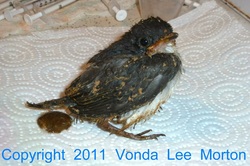
As I begin bathing the poor, bedraggled thing, I notice that THE LEFT WING IS BROKEN. How in hell do you have a bird for FIVE days and not notice a broken wing??? He also was unhealthily thin and frantically demanding food.
Okay, let’s review…she kept the birds in violation of state and federal law; called me only when she’d killed one bird and possibly doomed the other to a life in captivity; managed to ignore the rampant diarrhea; totally ignored basic hygiene; and nearly starved the surviving bird to death...
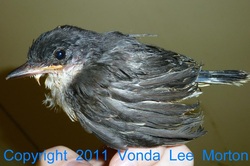
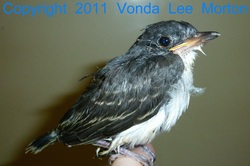
Do you now understand why I get so worked up about having the proper permits to work with wildlife?
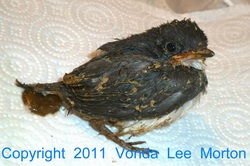
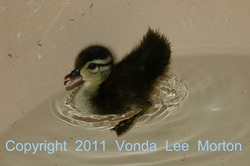
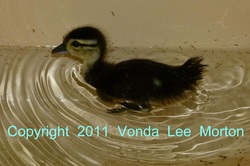
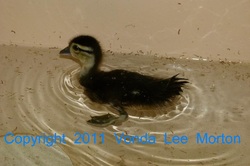
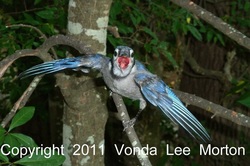
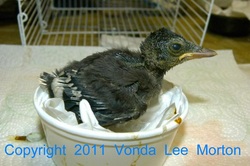
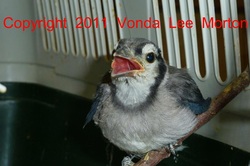
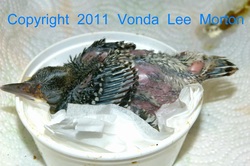
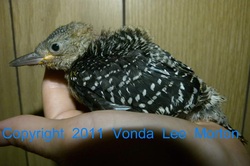
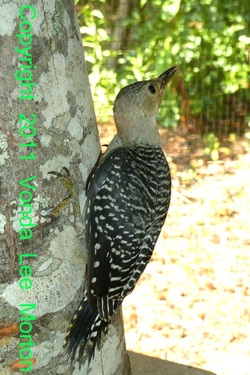

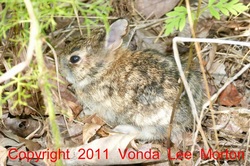
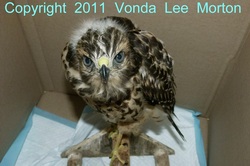
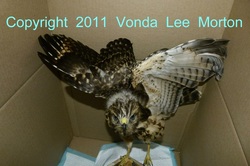
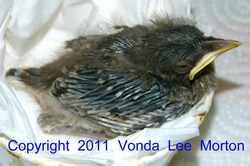
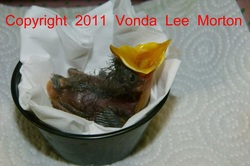
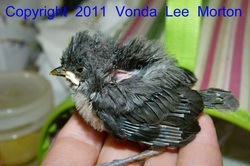
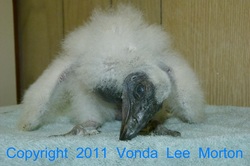
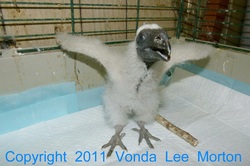
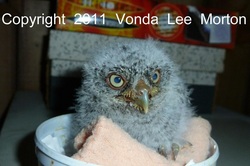
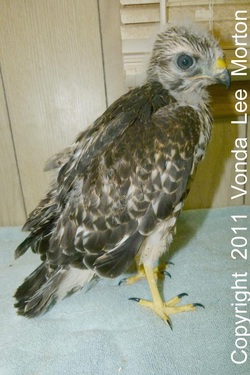
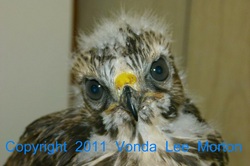
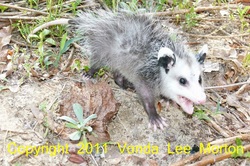
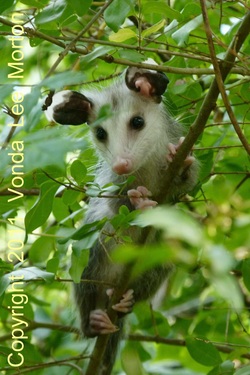
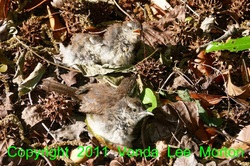
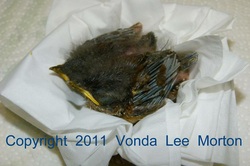
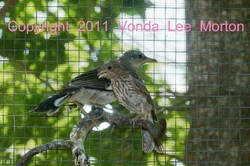
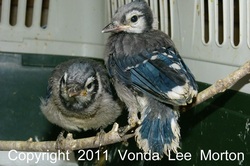
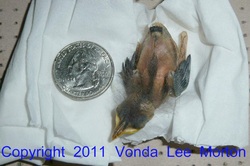
 RSS Feed
RSS Feed
